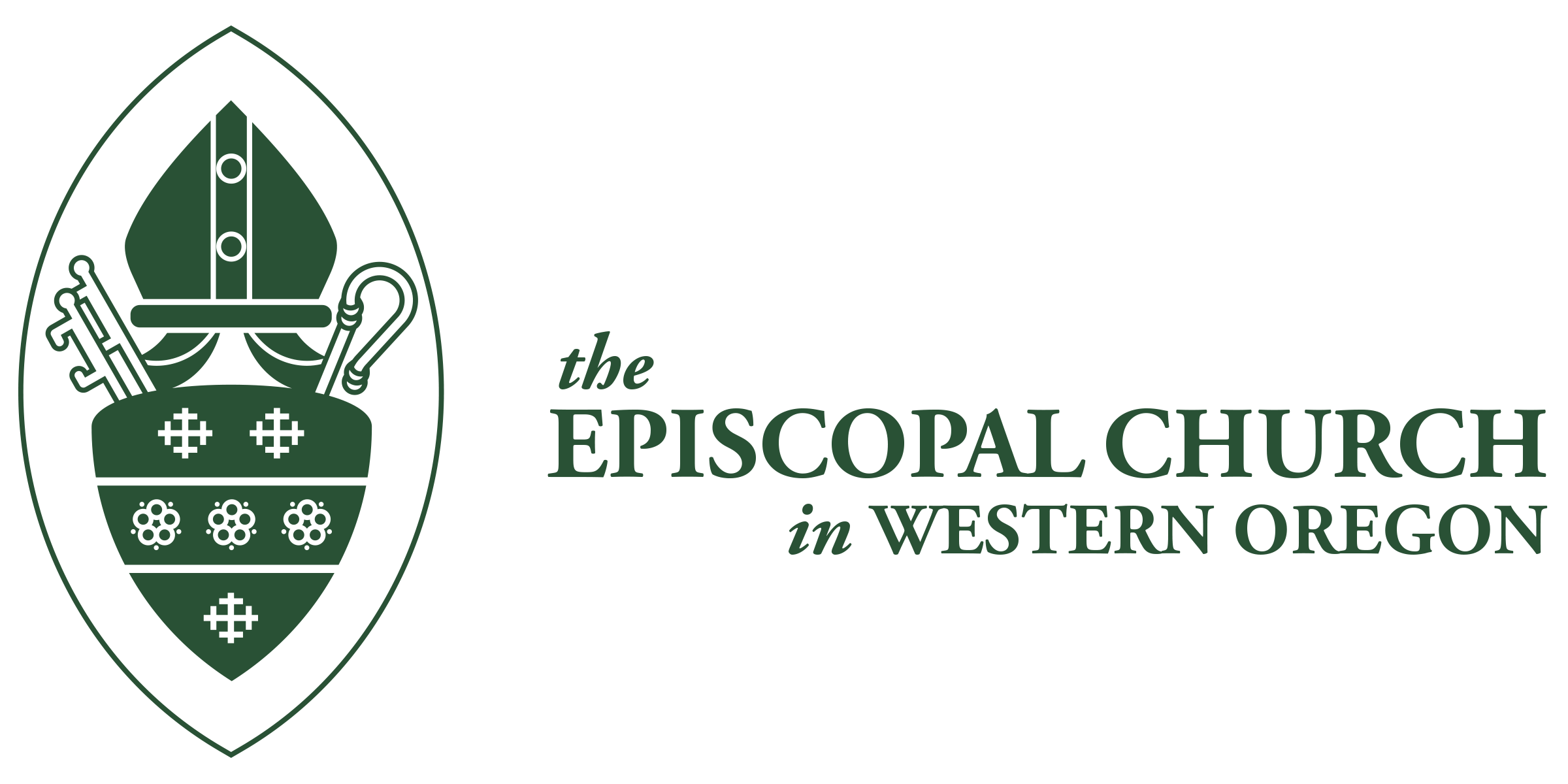Dear Friends in Christ,
I hope that you have a happy new year in 2024. I hope that the new year brings joys that make your heart sing and healing that inspires gratitude.
When I was growing up, the New Year was celebrated on New Year’s Day with traditional Japanese food. My favorite was the morning meal of mochi – pounded rice cakes in fish broth. I remember the feeling of anticipation about the beginning of a new year, and looking back, realize this was mostly due to my father’s eagerness to talk about what we had left behind in the year that was passing away.
The week prior to New Year’s Day, my parents would review any debts they needed to repay. The kind of debts they discussed weren’t necessarily monetary; much of what they talked about was the kindness that they had received. Their goal was to repay the kindnesses… to return the favor, so to speak. After this discussion, my parents would talk about the year that was coming to an end. They would draw us into the conversation too. What do we hope we don’t have to endure again? What was delightful and fun to remember? What accomplishments are we proud of and still celebrate? We recalled humorous events that made us laugh all over again and held up hope that the painful moments would disappear with the outgoing year.
Part of being human is having the ability to look up ahead with hope and anticipation; and to look back in reflection and with wisdom. We hope tomorrow will bring better things. We hope that yesterday, even with its suffering, has made us stronger and even brought healing.
“If anyone is in Christ, he is a new creation; the old has passed away, behold the new has come. All this is from God, who through Christ reconciled us to himself and gave us the ministry of reconciliation.” 2 Corinthians 5:17-18
Being “in Christ” is to be given a new life. It is like the beginning of the new year in terms of starting fresh and reconciling the past. But, it surpasses that time-bound observance because it is grounded in God, who lives and moves in and beyond our understanding of time. This transcendent nature of God challenges our tendency to want linear and quantitative measures of God’s activity in our lives.
The Apostle Paul’s words above promise a once-and-for-all newness. What once was is no more; it has passed away. This new life in Christ has replaced it, and we understand this is to be forever. And yet we are reminded that this new life in Christ is made possible because of God’s reconciling love and that this divine activity has given us the “ministry of reconciliation.” If we know anything about confession and forgiveness, it is that we are called to be reconciled daily. Our human condition includes our weaknesses, frail egos, hubris, and more, resulting in actions for which we are called to repent and be reconciled. This cyclical practice seems to contradict what we ought to be like if we are, indeed, a new creation.
Paul, the apostle, is reminding us of something very important; he is describing the life-changing experience of being “in Christ” as humans and not as God. To be a new creation because of our life in Christ, we are given the freedom that comes from no longer living in perpetual shame, fear, or dread. We are lifted beyond self-loathing and feeling unworthy of love. Why? Because our life in Christ makes it possible to return again and again to God without shame or fear of being cast out. It is this continual return to be reconciled with God and one another that makes it possible for us to fully embrace what it means to be “a new creation” whose old ways of being have passed away.
My prayer this new year is for our common life in Christ to thrive as we each realize our newness as God’s creation and then live into our God-given ministry of reconciliation. In so doing, we just might heal a broken world.
Blessings and Happy New Year!

